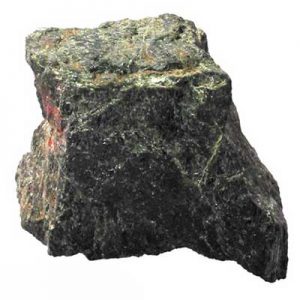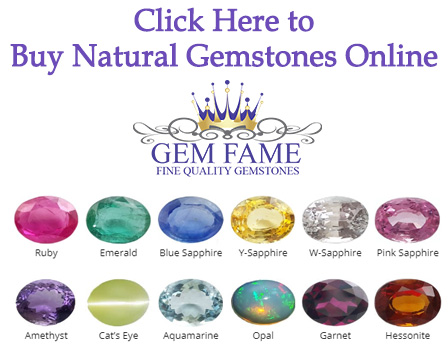Augite
Augite ended up being named by Abraham G. Werner in 1792 through the Greek “auge” for “shine” or “luster,” in allusion to the luster that is relatively a lot of cleavage surfaces. Augite is an important mineral that is rock-forming many igneous rocks, especially in gabbros and basalts, and is also present some hydrothermal metamorphic rocks. Augite is really a known member of the Pyroxene Group and Clinopyroxene Subgroup that includes Aegirine, Augite, Diopside, Hedenbergite, Jadeite, Johannsenite and Spodumene. Augite is found in colors of black, greenish black, violet-brown and brown. It is a gem that is relatively unusual is mostly for enthusiasts of the uncommon.
Distribution: Widespread; only a few localities that are classic much studied or supplying fine examples, are listed. From Arendal, Norway. In Italy, from Vesuvius, Campania; around Frascati, Alban Hills, Lazio; on Mt. Monzoni, Val di Fassa, Trentino-Alto Adige; at Traversella, Piedmont; and on Mt. Etna, Sicily. Across the Laacher See, Eifel region, Germany. At Ústí nad Lábem (Aussig), Bílina, and Vlcí Hora, near Cernosín, Czech Republic. On the Azores and Cape Verde Islands. In Canada, from Renfrew and Haliburton Counties, Ontario; at Otter Lake, Pontiac County, Quebec; and many other localities. In america, from Franklin and Sterling Hill, Ogdensburg, Sussex County, New Jersey; as well as Diana, Lewis County, and Fine, St. Lawrence County, New York. From Tomik, Gilgit district, Pakistan. At Kangan, Andhra Pradesh, India.
| Chemical Formula: | (Ca,Na)(Mg,Fe,Al,Ti)(Si,Al)2O6 |
| Calcium Sodium Magnesium Iron Aluminum Titanium Silicate | |
| Molecular Weight: | 236.35 gm |
| Composition: | Sodium | 0.97 % | Na | 1.31 % | Na2O |
| Calcium | 15.26 % | Ca | 21.35 % | CaO | |
| Magnesium | 9.26 % | Mg | 15.35 % | MgO | |
| Titanium | 2.03 % | Ti | 3.38 % | TiO2 | |
| Aluminum | 4.57 % | Al | 8.63 % | Al2O3 | |
| Iron | 4.73 % | Fe | 6.08 % | FeO | |
| Silicon | 22.58 % | Si | 48.30 % | SiO2 | |
| Oxygen | 40.62 % | O | |||
| 100.00 % | 104.40 % | = TOTAL OXIDE |
| Crystallography: | Monoclinic – Prismatic |
| Crystal Habit: | Stubby prismatic crystals, square or octagonal in section, to 10 cm; elongated || [001], acicular, skeletal, dendritic. Exsolution lamellae and overgrowths common. |
| Twinning: | Simple or multiple on {100}, common; also on {001}. |
| Cleavage: | Good on {110}, (110) ^ (110) ~87°; partings on {100} and {010} |
| Fracture: | Irregular/Uneven to Conchoidal |
| Tenacity: | Brittle |
| Moh’s Hardness: | 5.5 – 6.0 |
| Density: | 3.19 – 3.56 (g/cm3) |
| Luminescence: | Not Fluorescent |
| Radioactivity: | Not Radioactive |
| Color: | Black, brown, greenish, violet-brown; in thin section, colorless to gray; clear cores zoned to dark rims common, also oscillatory and sector zoning. |
| Transparency: | Transparent to Translucent |
| Luster: | Vitreous, resinous to dull |
| Refractive Index: | 1.575 – 1.584 Biaxial ( + ) |
| Birefringence: | 0.009 |
| Dispersion: | Weak to moderate; r > v |
| Pleochroism: | X = pale green, pale brown, green, greenish yellow; Y = pale brown, pale yellow-green, violet; Z = pale green, grayish green, violet |


